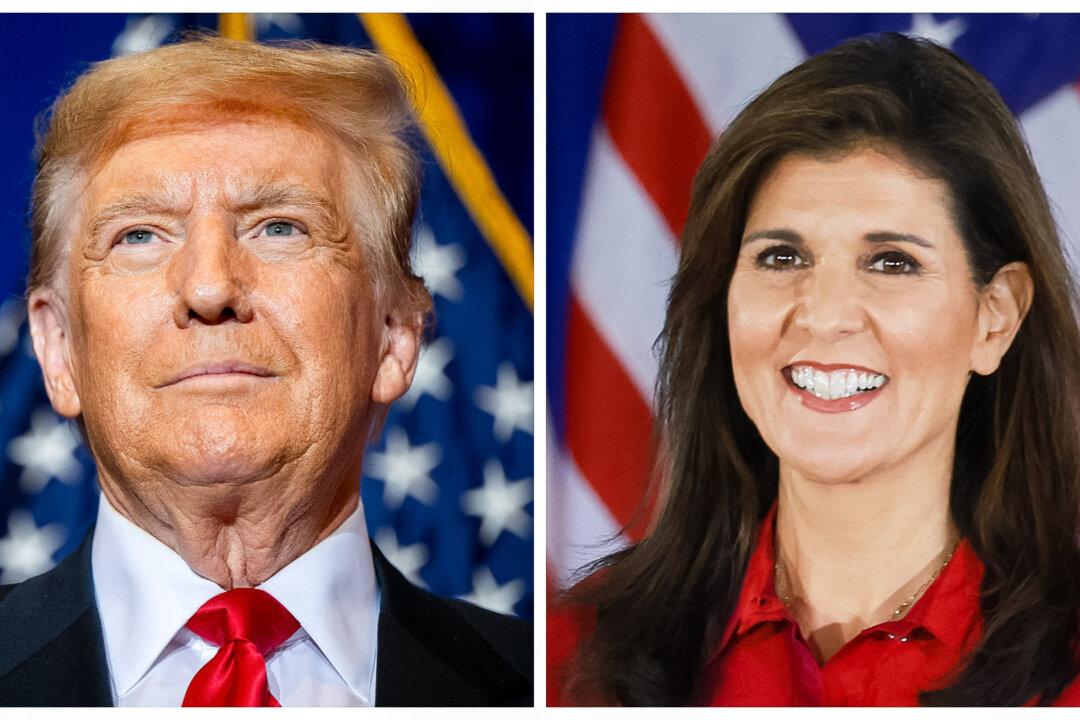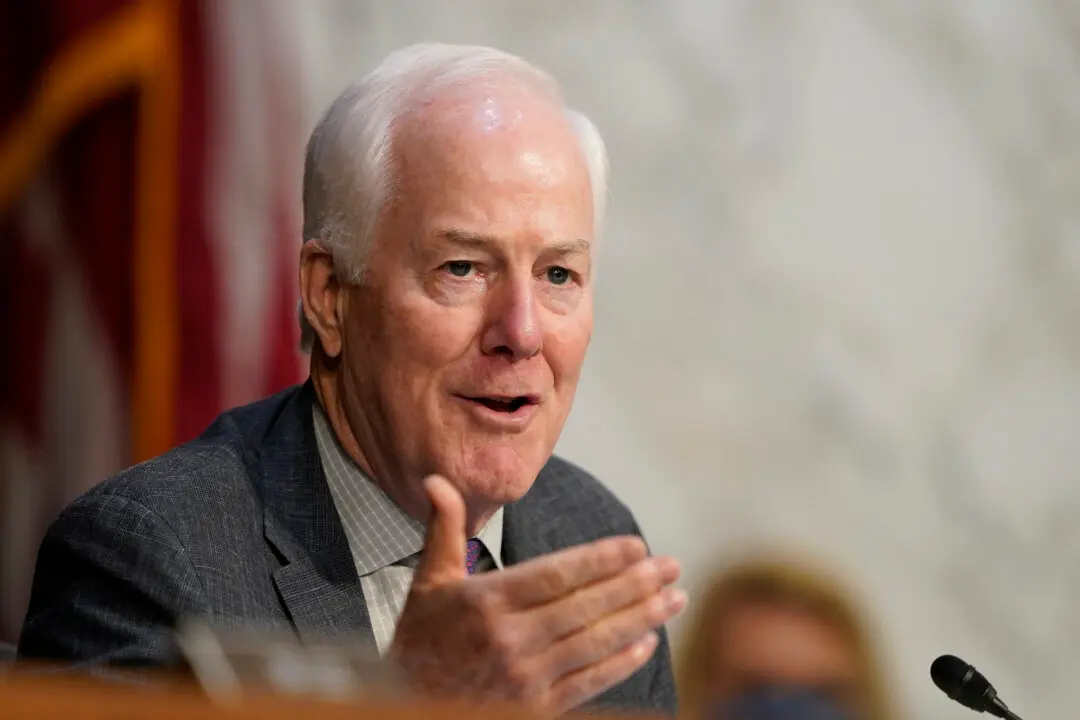After achieving a record-breaking victory in the Iowa caucuses, former President Donald Trump now faces a smaller field of competitors but a bigger challenge in New Hampshire’s first-in-the-nation primary.
Political analysts still say the odds and momentum appear to favor President Trump, but the political climate in the Granite State differs significantly from Iowa’s.





